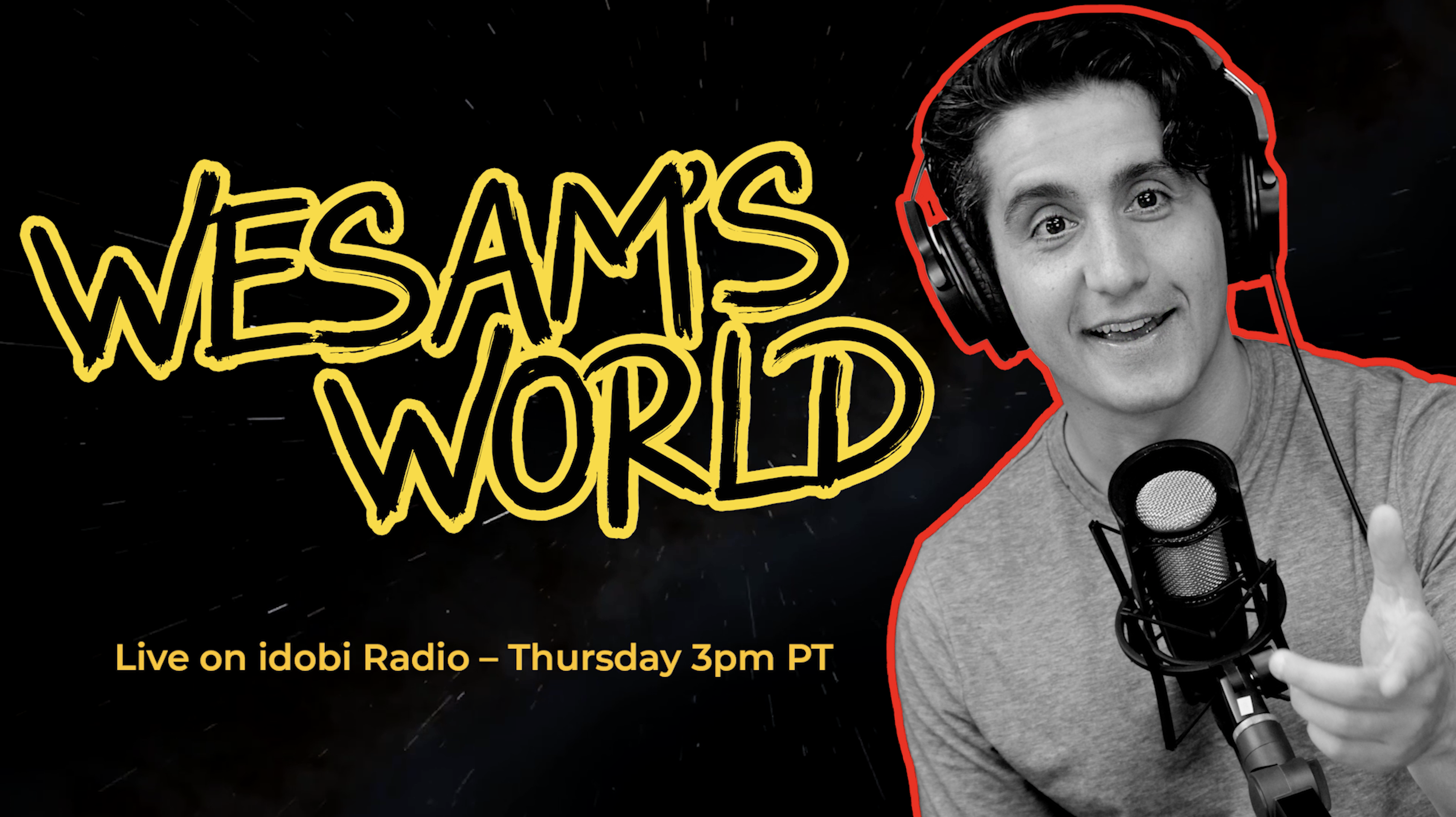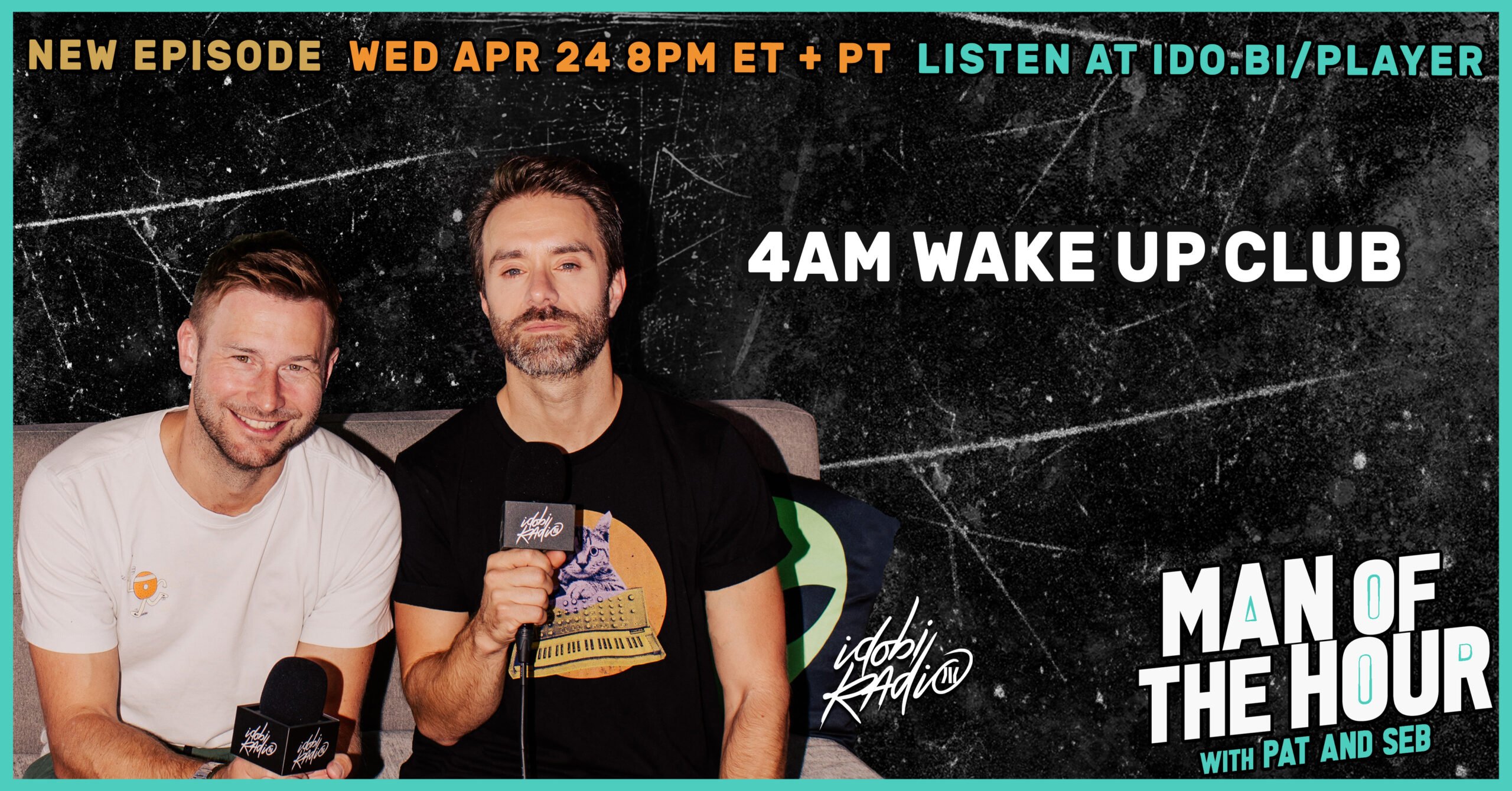Any effort to rewrite the latest federal rules for radio must include a broad investigation into such issues as “pay-for-play” and artist intimidation, according to music and artists’ groups.
Michael Bracey, director of government relations for the Future of Music Coalition, says his group wants the Federal Communications Commission to examine “pay-for-play and vertical integration” in the radio industry. The group opposes FCC rule changes that were enacted June 7.
And Jay Rosenthal, co-counsel of the Recording Artists’ Coalition (RAC), wants the commission to follow up on reports of artist intimidation.
“The FCC can no longer ignore evidence of radio conglomerates using heavy-handed tactics in their relationship with recording artists,” he says.
Under attack from many quarters of the radio industry for June’s rewrite of the station ownership rules, FCC chairman Michael Powell announced Aug. 20 the formation of a task force to determine how the FCC can foster more local control of radio content.
The FCC received more than 2 million comments opposing the loosened ownership caps it passed in a June vote. The agency increased the number of cities in which a single firm can own two or more television stations, erased a rule that barred a single entity from owning a television station and a newspaper in the same community and allowed a single company to own enough television stations that reach as much as 45% of the national audience, up from 35%.
Interest groups from both sides of the political spectrum opposed those changes, saying that loosening the ownership caps would lead to a tidal wave of media consolidation that would leave communities nationwide without locally driven programing and content.
In addition to addressing the localism issue, Powell’s new initiative also calls for the licensing of more low-power FM stations and scrutiny of voice tracking’s effect on community service.
Voice tracking enables a DJ to record the vocal breaks for an airshift ahead of time. These vocal bits and the music are then integrated by automation. This allows a jock to host a shift at any station within the parent company’s chain. It also reduces the number of hours a person needs to work. Elements for a four-hour shift can be assembled in one hour.
In a press conference following the announcement of his initiative, Powell said the study also is “expected to address such longstanding areas as license renewals.”
Broadcasters may be sharply divided about voice tracking and its long-term effect on the local aspect of radio, but most oppose any regulatory attempt to mandate locally generated content again.
For many broadcasters, that conjures up a long-gone era when scrutiny of a station’s news and public-service content could make a station vulnerable to a license challenge.
Some fear this latest move puts the FCC on a slippery slope toward more and more content regulation. Others point to the increased costs of operating stations without voice tracking.
“The notion of legislating localism is frightening,” Saga executive VP Steve Goldstein says. “The notion of practicing localism is simply good business.”
Not surprisingly, many of the GMs, programers and owners interviewed by Billboard sister publication Airplay Monitor questioned whether government intervention was necessary.
“Susquehanna has always required that its stations do specified amounts of public-affairs programing, so an FCC-imposed minimum standard probably wouldn’t affect us,” senior VP of programing Rick McDonald says.
But, he says, “arguing that voice tracking per se diminishes local service is like arguing that cars cause unsafe driving.”
WKHT (Hot 104.5) Knoxville program director Russ Allen adds, “Any time the government gets active in things that don’t involve national security, I get nervous.”
‘A MORE LEVEL PLAYING FIELD’
But not every broadcaster is violently opposed to FCC scrutiny of localism.
“I hate paperwork and government bureaucracy, but, frankly, it is deregulation that has hurt this industry and turned it from a commodity of pride and passion to a bean counter’s way of making money,” says Paul Goldman, president of Burlington, Vt.’s Sison Broadcasting.
“These suggestions would put the way we operate on a more level playing field,” Goldman says. “We have almost as many full-time employees for two stations as Clear Channel has for a dozen in our area.”
David Israel, operations manager of Cox’s WFLC/WPYM Miami, says, “Last I looked, the Federal Communications Act of 1934 was still in effect, which does mandate that stations operate in the ‘public interest, convenience and necessity.’ ” He sees the license renewal process that is already in place as providing redress against those stations that do not serve the public.
Throughout the recent debate on deregulation, many broadcasters have maintained that public opposition to consolidation is based in perception, not reality.
“I personally do not believe any of these concerns are based in fact,” Clear Channel programing executive Marc Chase says. “What our industry needs to do is a better job of educating our legislators on what really makes radio tick.”
John Christian, director of programing for Citadel’s KWIN/KJOY Stockton, Calif., thinks “voice-tracking abuse” is the biggest example of why the industry is dying.
“This latest attempt by Michael Powell to form a committee is just another great example of a politician with no clue. We don’t need committees; we need someone that understands what is wrong with radio to start attempting to fix it,” he says.
Sen. Byron Dorgan, D-N.D., a critic of recent FCC rule changes, is moving forward with a “resolution of disapproval” introduced last month to overturn all of the new rules.
“It is a very curious strategy for the chairman to change the rules in a way that will dramatically damage localism and then, nearly three months later, propose a process to examine how those rules might affect localism,” he says.
Dorgan adds, “It is a classic example of putting the cart before the horse. For those concerned about localism, the time to study that issue was before the new rules were issued, not after.”
Michael J. Copps, one of the two Democrat FCC commissioners, both of whom voted against the deregulation, characterized Powell’s announcement as “a day late and a dollar short.”





























